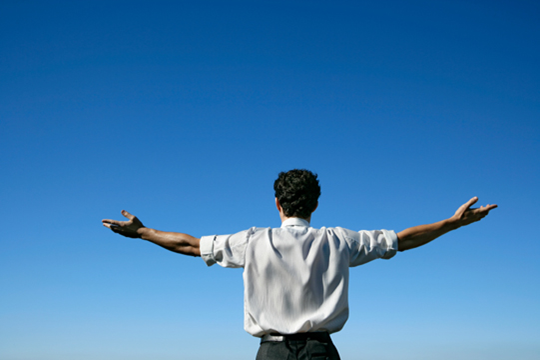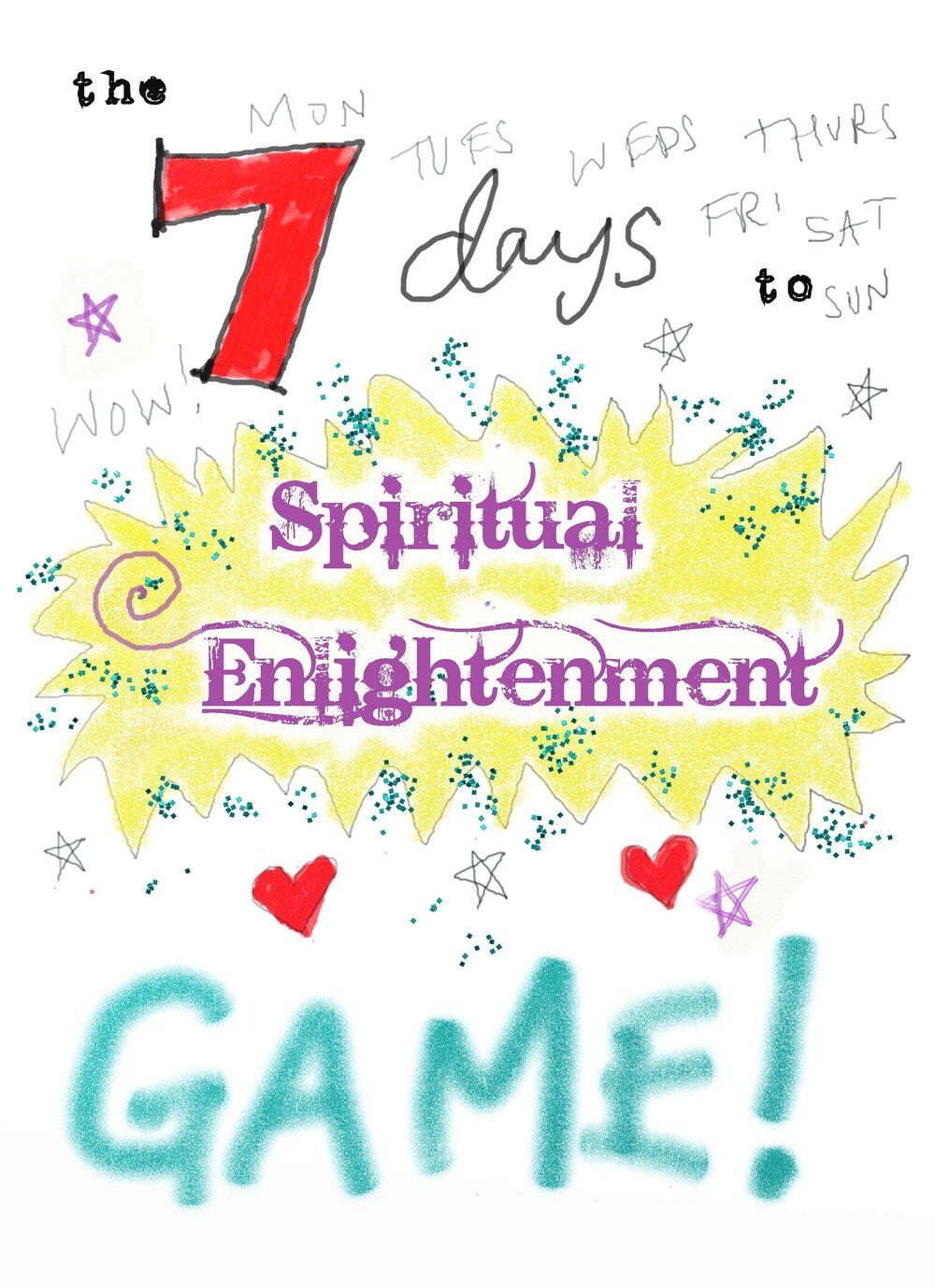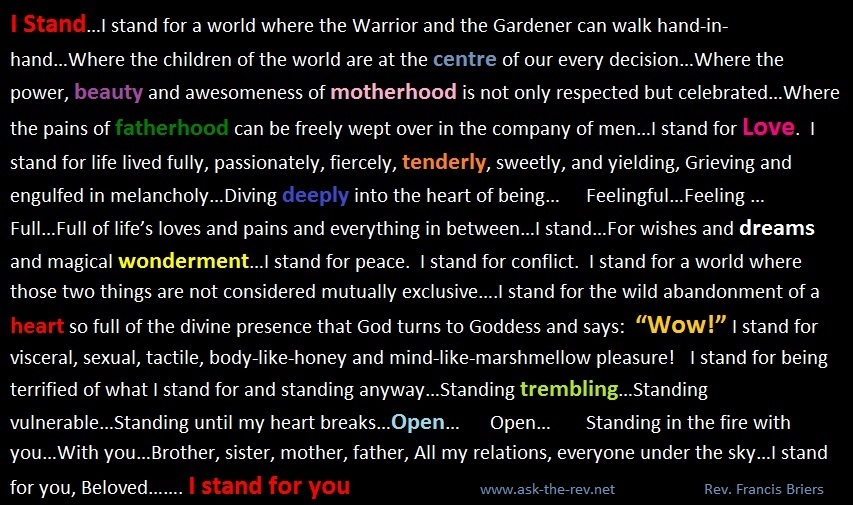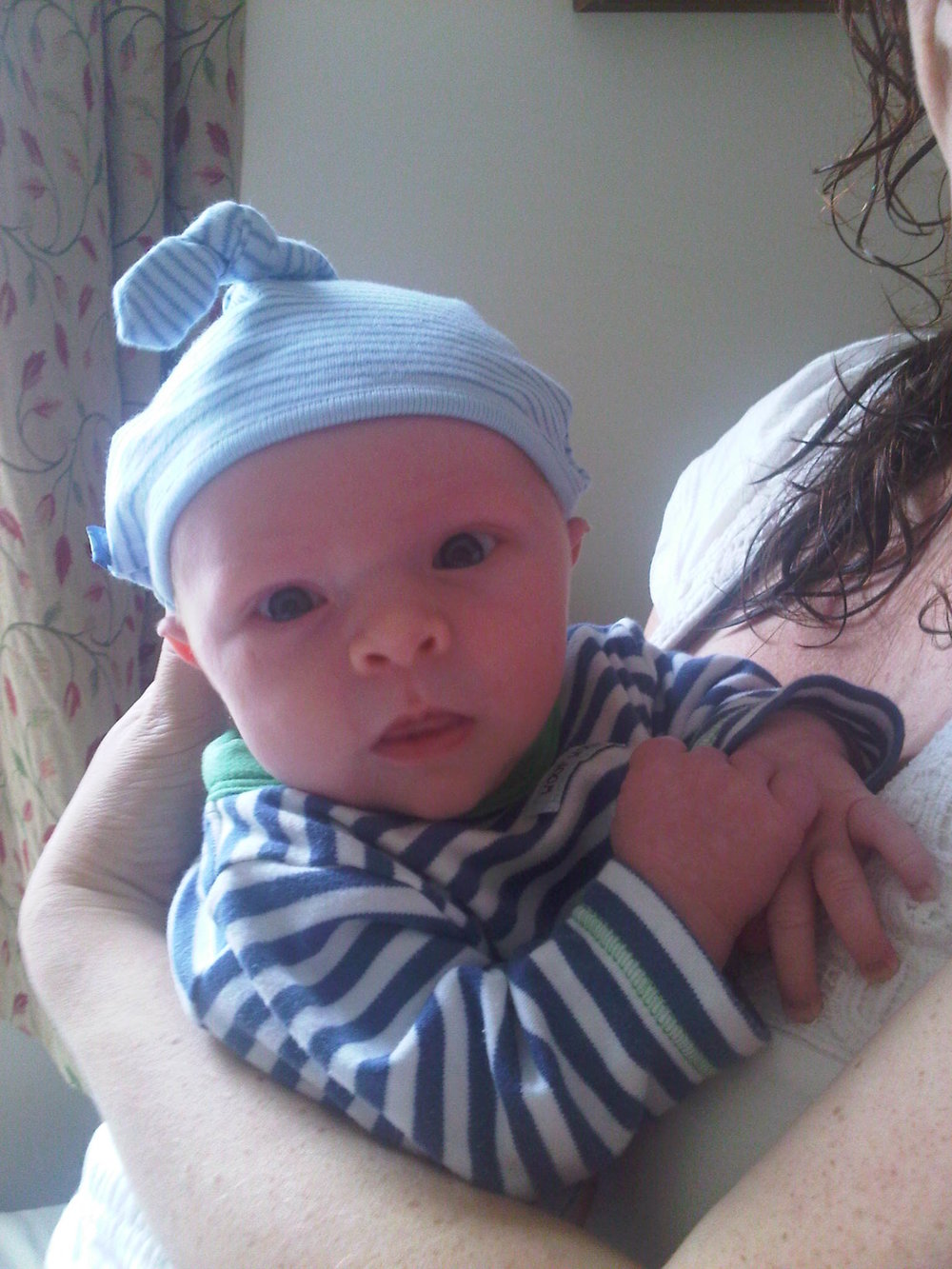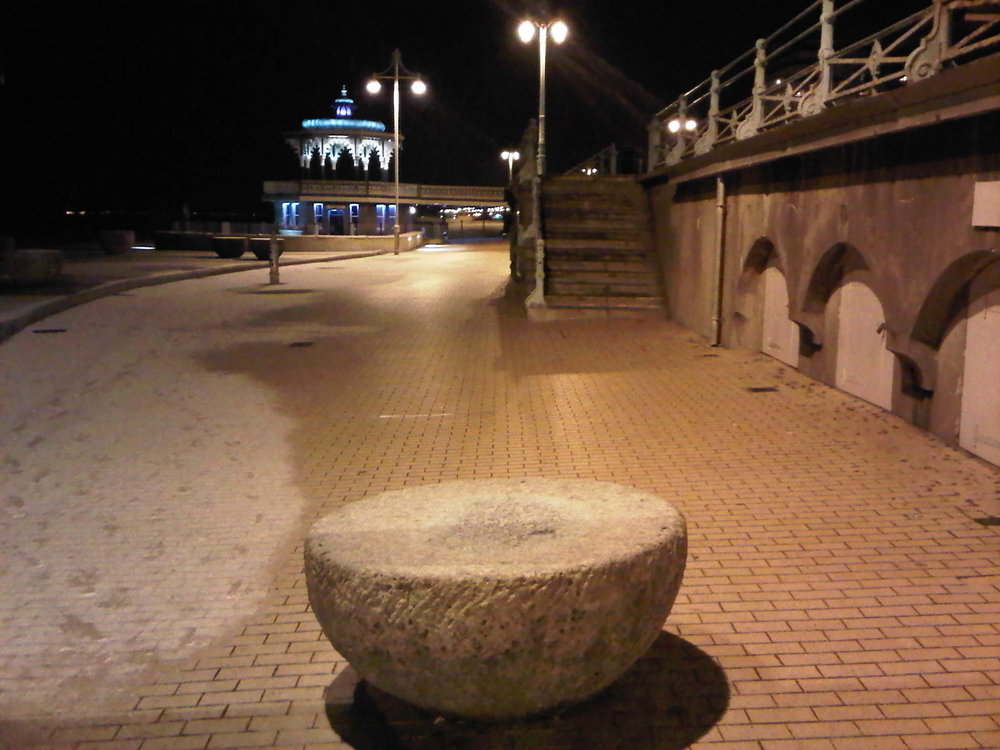Spiritualising the Body
Often in the modern dialogue around spirituality we can be disconnected from the body. For various reasons with roots ranging from certain periods of Christian teaching, to Descartes' philosophical mind/body divide, right through to very contemporary ideas about spiritual 'transcendence', many of us seem to have ideas that the body is somehow less spiritual or even not spiritual at all. I have observed many times in many people some version of the thought that in order to be spiritual we need to disconnect from the physical. While materialism and fear of physical threat can be traps which keeps us from really focusing our attention on our deep values and higher ideals, if we are ever to reach towards enlightenment or any other kind of spiritual development, we must do so in our bodies, with our bodies, and through our bodies. I would suggest that our dissociation with our own bodies is a large contributing factor in creating the behaviour which has damaged and is destroying our planet. If we dismiss our own bodies as 'un-spiritual' and therefore not worthy of care, then how likely are we to bring deep care and attention to the 'body' of Mother Earth? I would also suggest that while we need large scale cultural change around how we relate to our environment, large cultural change can begin with small personal change. One way to approach this is to Spiritualise the Body. It doesn't need 'spiritualising', it is full of beauty and spirit already, so really this is more about remembering that. Remembering is a wonderful word in this context. We have been dis-membered, taken apart by these ideas of an 'un-spiritual' body and it is time to put ourselves back together – to re-member. This exercise is a first step towards that by taking something we do all the time – washing – and turning it into a spiritual practice.
In many traditions there are ways of physically cleansing the body which are also considered to be deeply spiritual acts. This can take the form of internal cleansing or external cleansing.
A number of shamanic traditions from around the world feature some form of 'purging' which often literally involves spitting or vomiting up matter which is considered to be linked to negative energy. Perhaps the best example of this is the Ayahuasca traditions of Brazil where they are ingesting a 'teacher plant' which has both hallucinogenic properties and purgative properties. The plant brings the shaman or practitioner visions which are considered direct interactions with the spiritual realm and at the same time the body is purged of negative energies, sometimes through vomiting - you don't need to worry that I'm going to get you to do that! A less extreme example of internal cleansing might be the use of fasting. When you fast, typically toxins are purged from the body, that's part of why you often get headache's and bad breath during a fast – that's the nasty stuff that's collected in corners being swept out of the body. While this has physical health benefits, in some of the traditions which work with fasting, the evacuation of physical toxins from the body is also seen to have a spiritual correlation so that your spirit or energy body is being cleansed by the process of the fast as well.
An example of external cleansing can be seen in the First Nation (or Native American) tradition of the sweat-lodge. The sweat-lodge is one of the most common traditional ceremonies that I have come across in the North American tradition and there have been suggestions that similar ceremonies may have been used in Europe too. The sweat-lodge is a small dome built from bent branches and then covered with hides or blankets with a pit inside to put heated stones in and a fire outside to heat the stones. The precise construction of the lodge and it's alignment to the cardinal directions (north, south, east and west) varies but is always considered to be of great importance. This was a sacred place, not unlike a church. The symbolism of the sweat-lodge is that it represents the womb of Mother Earth and you go into the be ritually 'reborn' after the ceremony. The emphasis that I have experienced is always on the spiritual dimensions of the 'sweat' but there is a reality that this is a very real physical cleansing process too. Not unlike a sauna, the heat makes you sweat and by sweating you are releasing toxins from the body, on top of that the steam in the air means that once you towel off after the ceremony you are actually pretty clean, not just caked in sweat! Another example of external cleansing can be found in the Hindu tradition. Within Hinduism it is considered that each of us carries a seed of the divine within us so if we don't take care of ourselves then we are failing to take care of the divine within. As such, personal hygiene (for instance) is of great importance. You have probably at least heard of Yoga, and may know it was originally a Hindu discipline. What is less well-known is that what we commonly call 'Yoga' is actually only one of the 4 primary Yogic paths. What we usually call 'Yoga' is Raja Yoga. There is also Jnana Yoga which primarily involves exploring the nature of being through certain types of dialogue and enquiry; Karma Yoga which involves engaging in good works in the world; and Bhakti Yoga which involves devotional practices (ritual expressions of loving the divine). One of the traditional devotional practices of Bhakti Yoga is bathing statues of Gods and Goddesses, sometimes just bathing the feet.
So... what I want to invite you to do draws on the principles expressed in all of these traditions but most directly on these last aspects of Hinduism. Your mission, should you choose to accept it, is to make a ritual out of having a bath and bathe yourself like you are bathing a God or Goddess! Once you have done one really special one, you could make your daily shower, bath, wash, teeth-brush or anything else into a small personal ritual or spiritual practice. However, I really recommend doing one really special one and setting aside time to do it with great care and attention. If you can, I suggest a bath because showers tend to be quicker and more functional so a bath lends itself more to slowing down and taking greater care. Rituals or ceremonies typically have a beginning, a middle, and an end – like a story. The beginning tells your mind and being that something special is about to happen and helps to raise your levels of awareness and attention. The end lets you know when you are done and can step back out into a more ordinary awareness. The middle is whatever journey you want to craft for yourself in this special space of heightened awareness. So for this ritual you need to find a way to mark the beginning – this could be anything. Some simple ones could be the 'ding' of a Tibetan singing bowl, playing a special piece of music, or lighting a candle. At the end you can just do this same thing again (the 'ding', play the music again, or blow out the candle) – or you can find some other way to mark the end point such as writing a list of 5 things you are grateful for, reading a beautiful poem out loud, or a moment of silence. Then in the middle your task is to make your bathing as nurturing, loving, beautiful, present, and aware as you possibly can. Light lots of candle, use scented oils, have a lovely soft towel waiting afterwards, or even without any special 'stuff' you can bring deep care and attention to how you wash every part of your body. Slow down and take sensual pleasure in it all. As you pour water over your feet, pour love over them too. As you rub soap into your hands and face, be gentle, loving, kind, and deeply attentive to how it feels and how you could make it even lovelier, more caring, and attentive. Move through it all at least a little slower than you usually would and love every part of you, encountering it as if for the first time: with fresh eyes and wonder in your heart. Allow yourself to be newly amazed at this wonderful bodied being that is you, this awesome embodiment of your consciousness, this body that does so many amazing things – moving, and healing, feeling, sensing, touching, stretching, breathing, eating, connecting you with yourself, your loved-ones and your world. Love every inch of yourself, especially the bits you usually struggle to love, with the idea that this body-being is a vessel for the divine. God, the Goddess, spirit, soul, Love, the Tao, Buddha-nature, or Christ-consciousness – whatever name you give to that ineffable thing from which all things come, all things return, and which connects all things, play with the idea that some part of that divine awareness lives in you and by this act of loving and caring for yourself, you are loving and caring for the Divine.
Wishing you a beautiful time!
This article is an excerpt of the online Spiritual Exploration course I will be releasing soon. Sign up to the email newsletter to get access to a 30 minute guided visualization which is also part of it along with many other free resources.

